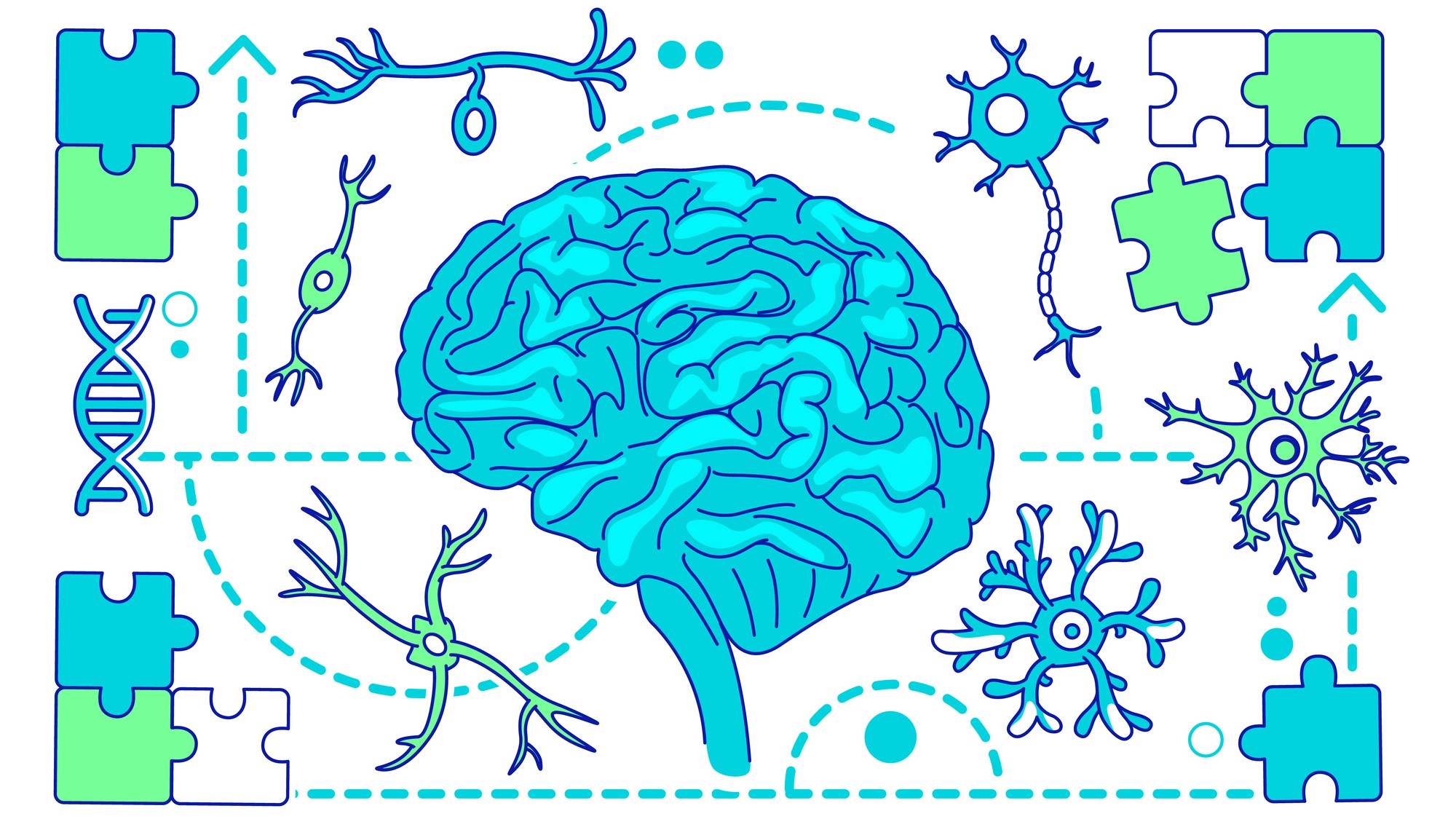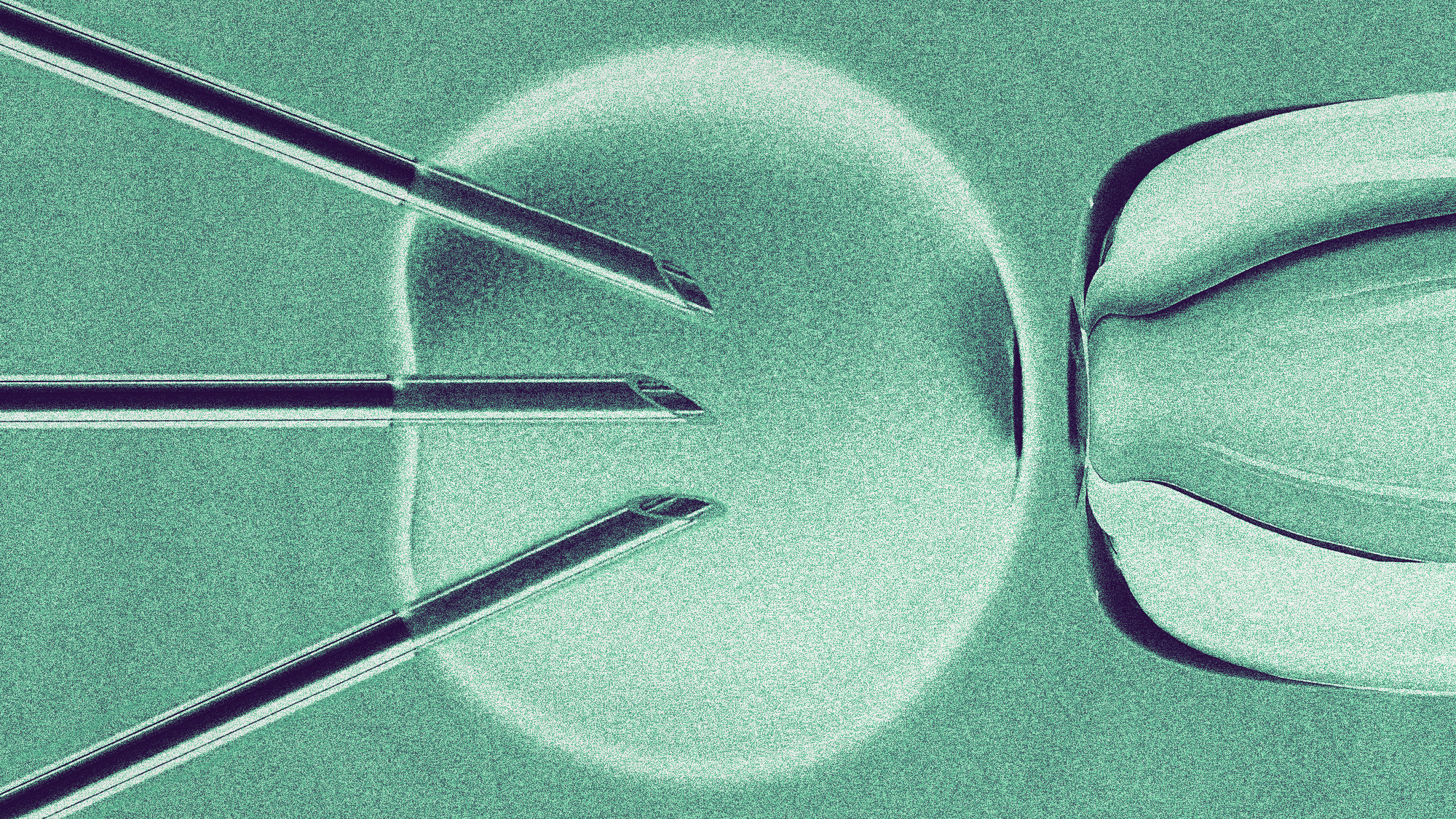Major blood cancer is actually 11 distinct diseases
Discovery could help patients with acute myeloid leukaemia receive far more tailored treatment

A free daily email with the biggest news stories of the day – and the best features from TheWeek.com
You are now subscribed
Your newsletter sign-up was successful
One of the most prevalent forms of blood cancer, acute myeloid leukaemia (AML), is actually 11 distinct diseases, say researchers.
Scientists made the discovery after detailed genetic analysis of the disease from 1,540 patients undergoing clinical trials.
"These genetic changes clustered into 11 subtypes which responded differently to the two main treatments for leukaemia: intensive chemotherapy and stem cell transplantation," the Financial Times reports.
The Week
Escape your echo chamber. Get the facts behind the news, plus analysis from multiple perspectives.

Sign up for The Week's Free Newsletters
From our morning news briefing to a weekly Good News Newsletter, get the best of The Week delivered directly to your inbox.
From our morning news briefing to a weekly Good News Newsletter, get the best of The Week delivered directly to your inbox.
AML is a highly aggressive form of blood cancer and while most patients respond well to chemotherapy in the short term, the relapse rate is particularly high.
"Only 20 per cent survive for five years or more and no new treatments have been introduced for at least 20 years," says Matt Kaiser, of cancer research charity Bloodwise.
Study co-author Peter Campbell, of the Wellcome Trust Sanger Institute, told the BBC the findings could help patients receive a far more tailored treatment regimen.
"I could have two patients who had what looked like the same leukaemia under the microscope and I could treat them with exactly the same therapy," he said. "One of those patients would be cured and one would relapse and die very quickly.
A free daily email with the biggest news stories of the day – and the best features from TheWeek.com
"What we can see in this data-set is that that clinical variability is strongly predicted by the underlying genetics."
Nearly 3,000 people were diagnosed with AML in the UK in 2013, the last year for which figures are available. "While the condition is most common in those over the age of 65, individuals of any age can be affected," says The Guardian.
-
 The Gallivant: style and charm steps from Camber Sands
The Gallivant: style and charm steps from Camber SandsThe Week Recommends Nestled behind the dunes, this luxury hotel is a great place to hunker down and get cosy
-
 The President’s Cake: ‘sweet tragedy’ about a little girl on a baking mission in Iraq
The President’s Cake: ‘sweet tragedy’ about a little girl on a baking mission in IraqThe Week Recommends Charming debut from Hasan Hadi is filled with ‘vivid characters’
-
 Kia EV4: a ‘terrifically comfy’ electric car
Kia EV4: a ‘terrifically comfy’ electric carThe Week Recommends The family-friendly vehicle has ‘plush seats’ and generous space
-
 The truth about vitamin supplements
The truth about vitamin supplementsThe Explainer UK industry worth £559 million but scientific evidence of health benefits is ‘complicated’
-
 Covid-19 mRNA vaccines could help fight cancer
Covid-19 mRNA vaccines could help fight cancerUnder the radar They boost the immune system
-
 Human evolution may be responsible for autism rates
Human evolution may be responsible for autism ratesUnder the radar Neurodiversity and a complex brain may go hand in hand
-
 Scientists are speeding up evolution
Scientists are speeding up evolutionUnder the radar Proteins can evolve in minutes
-
 Babies born using 3 people's DNA lack hereditary disease
Babies born using 3 people's DNA lack hereditary diseaseUnder the Radar The method could eliminate mutations for future generations
-
 Deadly fungus tied to a pharaoh's tomb may help fight cancer
Deadly fungus tied to a pharaoh's tomb may help fight cancerUnder the radar A once fearsome curse could be a blessing
-
 'Poo pills' and the war on superbugs
'Poo pills' and the war on superbugsThe Explainer Antimicrobial resistance is causing millions of deaths. Could a faeces-filled pill change all that?
-
 The genetic secrets of South Korea's female free-divers
The genetic secrets of South Korea's female free-diversUnder The Radar Unique physiology of 'real-life mermaid' haenyeo women could help treat chronic diseases